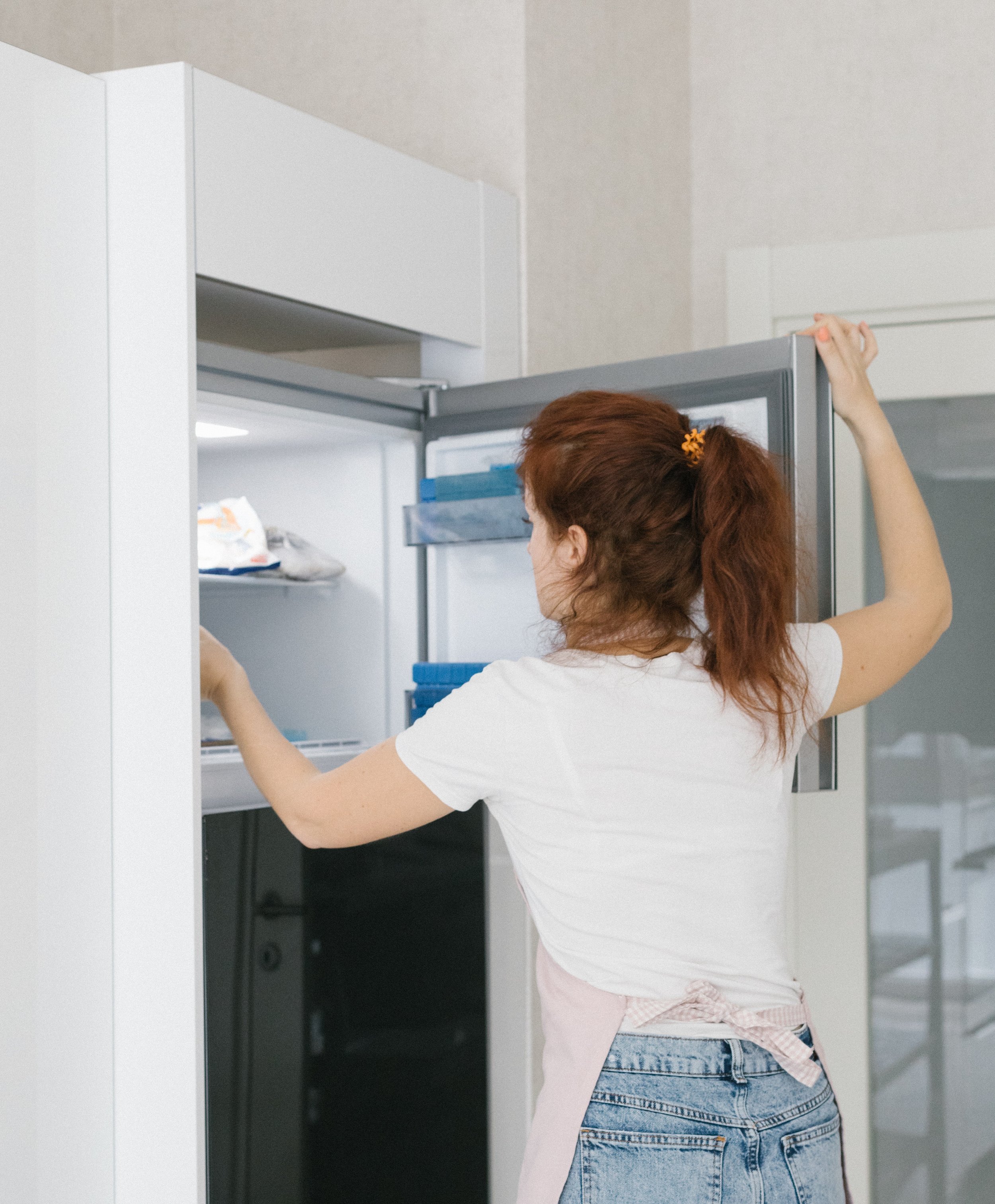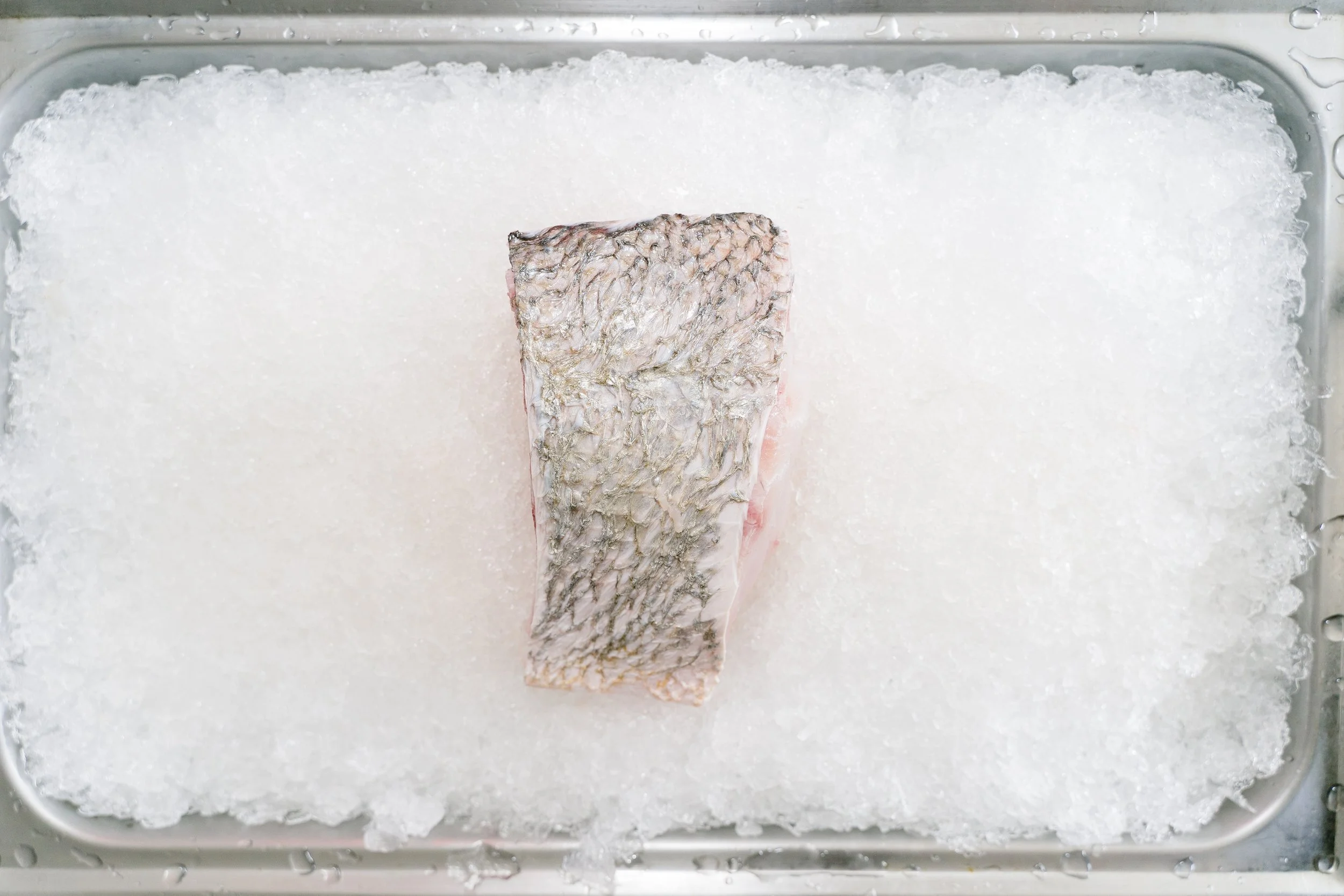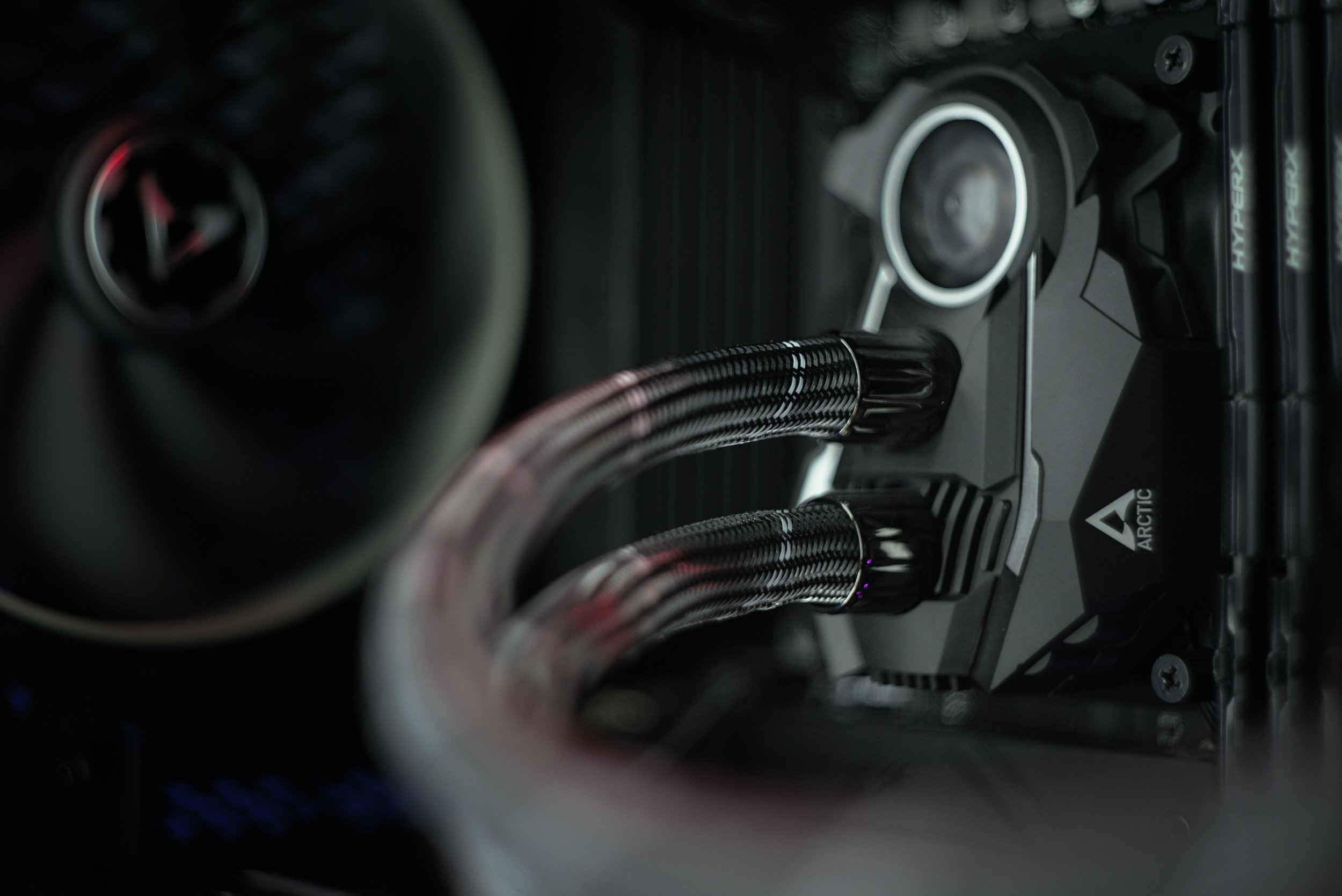Pin Down What’s Wrong With Your Ice Maker With Our Handy Guide
For all that, it has a very simple job, your ice maker can become messed up in some truly unique ways. All you want is to be able to get a cup of ice, but your ice maker isn’t working the way that it’s supposed to. Maybe the ice is too small, or it’s hollow, or it’s not producing ice at all. When this happens, it helps to have a diagnostic sheet. Consider this post your handy diagnostic sheet to figure out why your ice maker is acting up.
Whether you’ve got a standalone freezer or a built-in one, these will almost all apply.
A quick note, some of these are easy enough to fix on your own, and we’ll tell you how to do it. Others, due to difficulty of access, or difficulty to test, we’re going to recommend you reach out to your preferred repairtech for that.
Why Is My Ice Maker Is Not Working Or Not Making Enough Ice?
There are several reason why your ice maker might not make enough ice, or any ice at all. To start off with you’ll want to check the control arm. This is the bar that senses when the ice maker has made ‘enough’ ice and it tells the freezer to stop. Make sure that yours isn’t loose, broken or accidentally caught in this off position first. The next step is to check out if your freezer or standalone ice maker is too warm. Just like your refrigerator, if your ice maker or freezer can’t ‘breathe’ or their internal temperatures are set too high, you’re not going to get a happy machine. So, you’ll want to make sure that there’s nothing blocking your compressors or vents, and that you have the temperature set around 0*F. A final one that you can check for yoursel fis whether or the water filter is clogged. If it’s been more than a year since your last changing, it’s time to get that done. Ideally you should change the filter every six months, but if you can’t we understand. (Although whether your ice maker does is a different matter.)
Finally the two points that can cause your ice maker to not make enough ice that require professional help is if you have a defective water inlet valve or if your water inlet tube has frozen. For the first you need to check and see if the water inlet valve is working properly, and that requires testing the pressure of the flow. The second requires very carefully apply enough heat to defrost the tube, without damaging it.
Ice Maker Is Making Ice, But Is Not Dispensing
Fortunately when it comes to the ice maker making ice but not dispensing, it’s much easier to deal with than your ice maker not making ice at all.
If your ice maker has a clump in either the bin or the chute, you aren’t going to be getting an ice out of the ice maker until that melts. Your best bet is to lay down a towel and allow it to melt naturally. Or, if you’re impatient and very precise, you can choose to use an ice pick to try and chip at it to get it out. We don’t advise this one as it can damage your ice maker if you miss, but it is an option. The other option is that the auger, the spiral arm, that drives the ice towards the chute and breaks up clumps, has had the motor freeze over. If you don’t use your ice machine regularly, this can happen. If this happens, it’s going to be behind the freezer wall, and it won’t actually be easy to see. You’ll only be able to guess that that is the issue by watching and seeing the auger isn’t moving, which not all freezers will allow. This is another one that’s delicate and requires a professional. It’s too easy for water to damage the motor further, and we really don’t want that.
The Ice Maker Is Making Ice Cubes That Are Too Small
You might also have it that the freezing rods for your ice maker, if you have a standalone, have accumulated a large mineral deposit and this can cause issues. What happens is that the minerals stay between the freezing rod and the water, creating a barrier that keeps your ice from freezing properly. In that case you’ll need to defrost your ice maker, empty it, and descale the machine. That is going to look different depending on the machine, but if you’re uncertain you can always check the manual. If you’ve got poor water flow to your ice maker on the other hand, if you have poor water flow, that’s going to be a different matter. If the water isn’t flowing easily, you’ve got several different causes to check out. First, go back to your water filter, hasn’t it been changed recently? (Are you seeing how many issues are caused by a poorly maintained filter?) After you’ve checked that, check out the water line on the back or sides of your freezer or ice maker. You want to make sure that there aren’t any twists or kinks in the line. Finally, you’ll want to check if your freezer or ice maker is level. It might sound odd, but if your unit isn’t level then the water won’t flow properly into the tray and that is going to give you cubes that are too small/misshapen/hollow.
The Ice Maker Is Making Too Much Ice
This one isn’t one we encounter too often, but occasionally we do get calls of “help my ice maker is making too much!” Fortunately, these are quick to diagnose. Start off by checking the bin for your ice maker. If the bin isn’t placed right, then the control arm (or other sensor) won’t be able to tell if ‘enough’ ice has been made. So, do a quick check to see if the bin is sitting properly. After that, you’ll want to take a look at the control arm itself. Earlier we talked about how a broken control arm could cause your ice maker to make no ice. This is the opposite problem. If the control arm is outright broken, it could cause the machine to produce continually. Finally, some freezers have a shelf that sits under the ice bin. You’ll want to make sure that you have one if you’re supposed to, as that links to how well your control arm works. If you don’t have one, but are supposed to, you can either reach out to a repair shop to purchase one, or see if the manufacturer of your freezer has one still in stock.
The Ice Has An Odd Taste
There’s nothing worse than getting your ice and discovering that it tastes terrible. There’s a few different reasons that can happen, and your water filter is one of them. If your water filter is expired or full of contaminants, it is reducing the ability to keep that out of your water. Old ice cubes are another issue. If you don’t use your ice maker regularly, ice can sit in the bin and acquire tastes from the freezer or the minerals left in the filter. Last but not least, if your ice maker is within your freezer, poorly wrapped freezer items can lead to your ice picking up scents and tastes.
The Ice Maker Is Leaking
If your ice maker is leaking, you would naturally look to see if any of the lines are cut or buttons are pressed in. And that’s a good start. However, you might also be looking at ice clumps getting stuck and melting or your refrigerator not being level. These are common issues and easy enough to fix.
The Ice Maker Itself Is Frozen
Our final issue is when the ice maker itself freezes. This might be that the entirety of the ice maker freezes up, or that the motors do. In either case, it points to one of two issues. Either your temperature is set too low, or your water inlet tube has frozen over. If it’s the first one, it’s easy enough to fix. If it’s the latter though, you’ll want to call in a professional to assess the situation and bring the proper tools to warm things back up without damaging the freezer.
Some issues are easy to fix when it comes to your ice maker not working, others require a professional to look into. Whichever camp you’re in at the moment, Appliance Rescue Service is here. We understand that you don’t always have time to break an issue down and fix it, and that’s why we work with your schedule to send out one of our technicians. We want to help get your home running smoothly again.
Did we answer your question? Let us know over on our Facebook page!
If you’re having issues with your ice maker, or any of your other major appliances, you can reach out to us via our contact page or by giving us a call at ((214) 599-0055).













